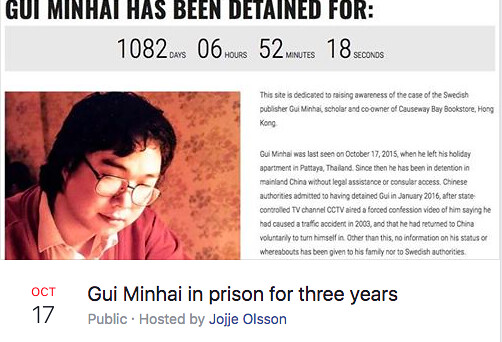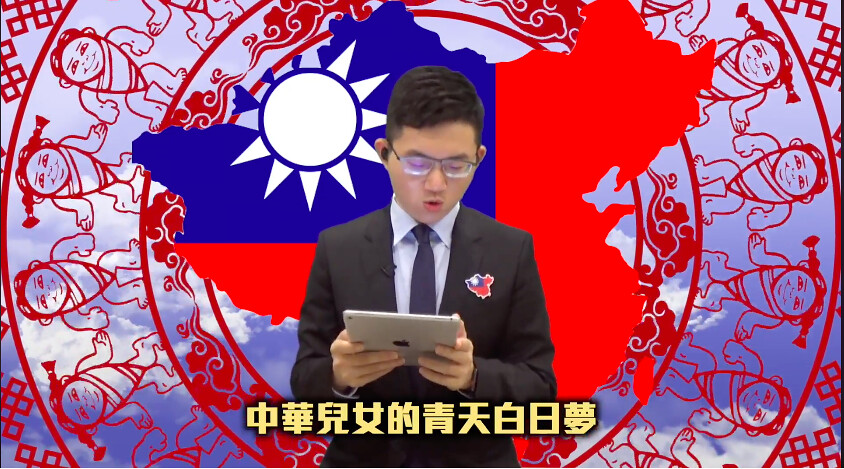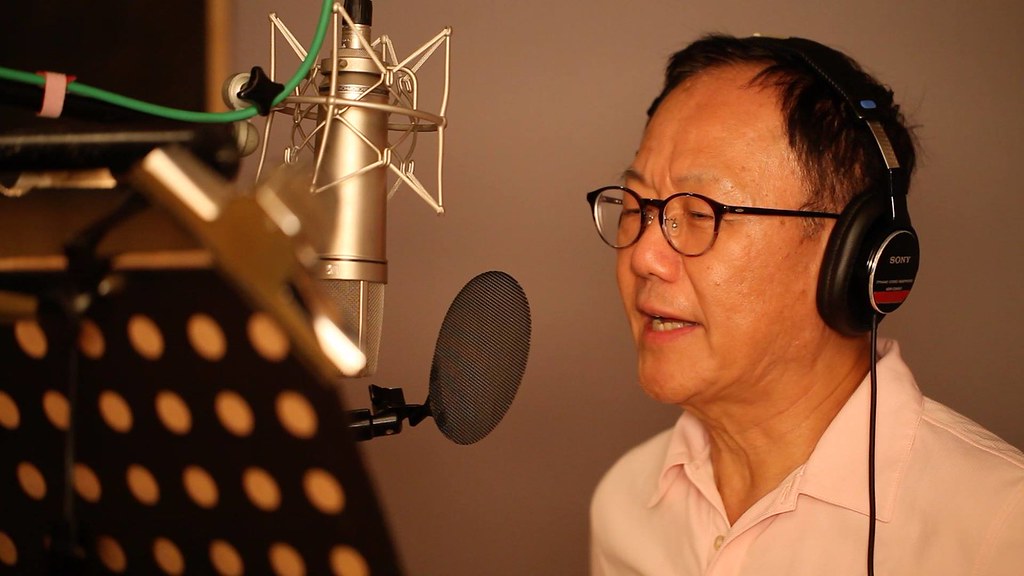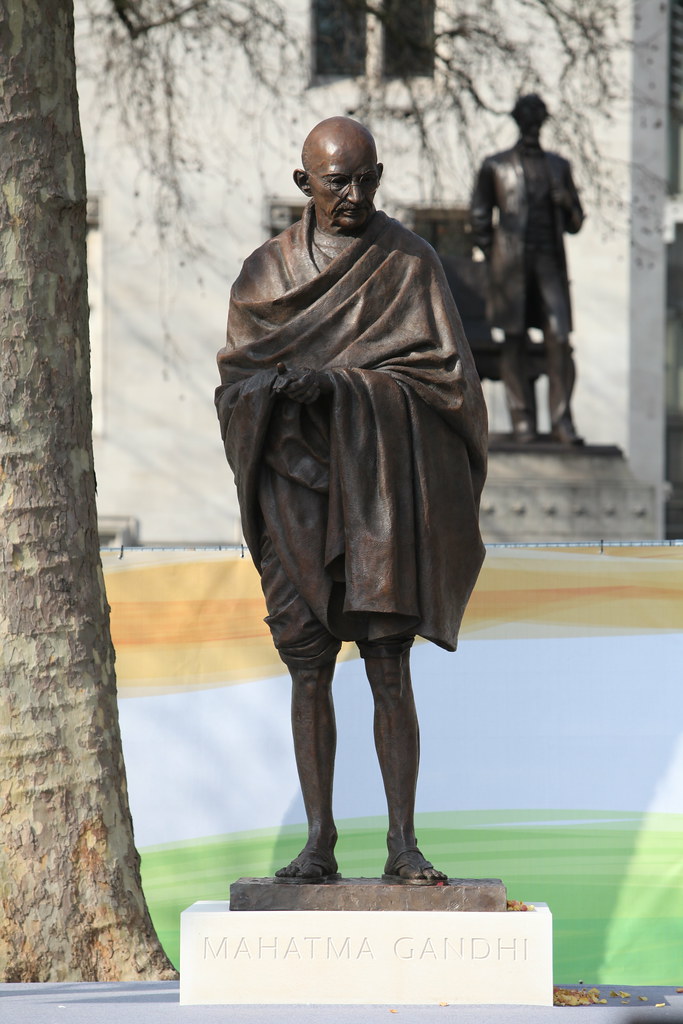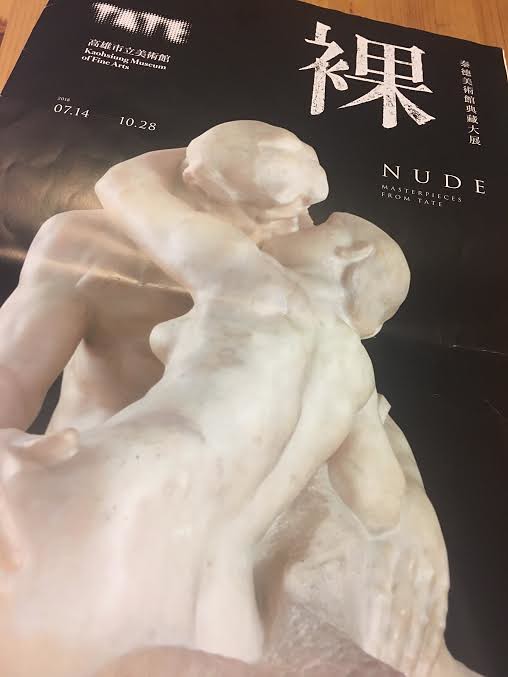 |
| Go see Nude! |
Last weekend, I had the good fortune to go to Kaohsiung for a few days to take part in a tourism-related conference. That part was interesting, but not something I feel the need to blog about.
Being down there, however, gave me the chance to see one of my oldest and closest friends in Taiwan. Helping to run the family business mean she doesn't have a lot of time to come to Taipei, so we often see each other when I'm able to head down south. For those of you who think I'm a public transit snob who won't grace an old-school Taiwanese scooter with her precious princess bum, I actually had a blast riding around Kaohsiung county (technically 'city' but that was a stupid change and I won't dignify it) and downtown on the back of her scooter. I just won't drive one myself, because I value my life.
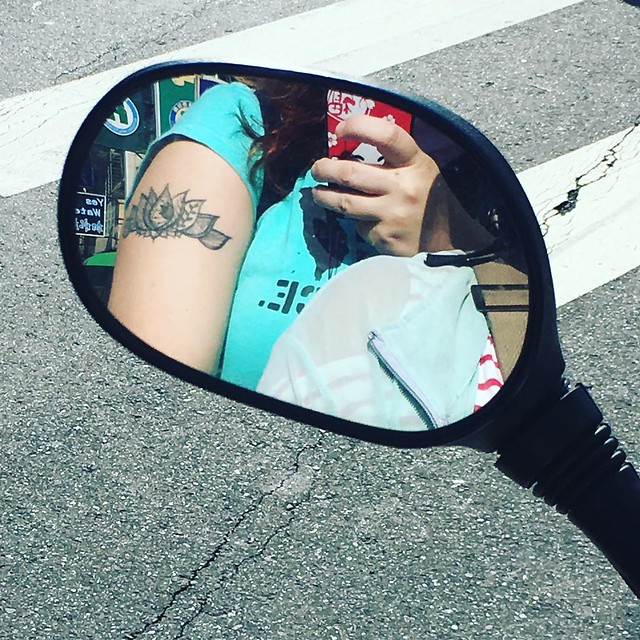
Anyway, we decided to check out the Kaohsiung Museum of Fine Art, which is currently hosting "Nude", an exhibit of works on loan from the Tate Modern in London.
The theme of the exhibit is nudity in modern art, and it discusses (with well-planned wall panels in English and Chinese) the evolution of nudity in art through the late 19th century to the modern era. It includes some stunning - and some head-scratching - cutting-edge modern work along side classics by Matisse, Rodin, Renoir and Picasso.
To be frank, it was just an amazing exhibit. It was fine art of a high calibre which is a real treat in Taiwan, with a smattering of well-known masters but not necessarily focusing only on the big names. It featured Rodin's Kiss, which is one of the great works of Western sculpture. The evening we went, a concert was being planned around it featuring modern works of classical music.
Photographs were not allowed, so you'll have to make do with a shot of the brochure and some postcards I purchased.
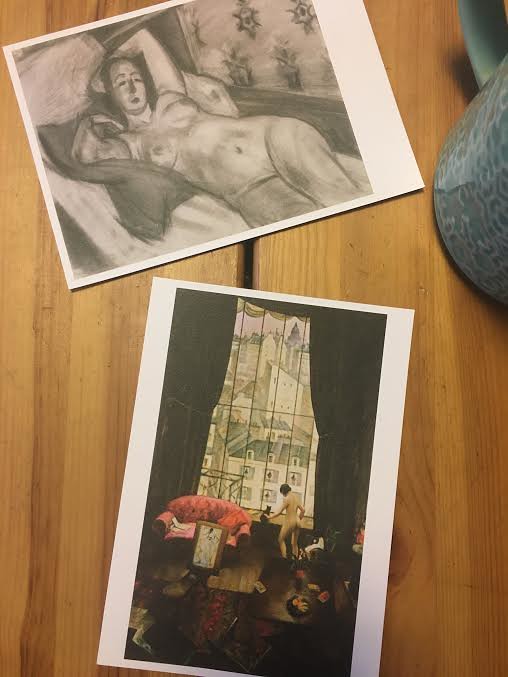 |
| A Matisse and a Nevinson |
The exhibit runs through October 28 and costs NT$280 (with concessions including a student discount), so you still have time. Go see it!
I mean, I was just in London. I went to the Tate Modern. I didn't get to see stuff this great there!
Here's what keeps nagging me: I had heard that this was taking place through the local grapevine, though it wasn't promoted in any way that made a huge impact on me. I had forgotten that it was still running, and in fact though I wouldn't get to see it as I was away for most of the summer. My local friend had to remind me that it was still an option.
When I got back to my hotel, I searched a bit to see where news of the exhibit could be found by tourists (plenty if information is available in Chinese, and the exhibit seemed to be locally popular, with the museum staying open until 8:30pm that Friday). A few articles from over the summer mentioned it, including the Focus Taiwan one linked above. After that, nothing.
A visitor searching for events in Kaohsiung in September or October (perhaps even August) would have trouble finding out that this exhibit existed, especially if they were a foreign tourist searching in English. The information is there, but it's hard to find for travelers. About to attend a conference on tourism promotion in Taiwan, this struck me as especially strange.
As a traveler in Kaohsiung - although a domestic one, as Taipei is my home - I was keen to see the exhibit, and yet would likely not have thought to go if not for my friend. And I actually had known about it! Imagine a foreign tourist here who hadn't seen any of the local news items featuring it when it opened. They'd have no idea.
Here's an example of what I mean. If you search for events in Kaohsiung, you might come across this website by the Kaohsiung City Government. It's actually a pretty good website in a variety of languages, which is already exceptional for Taiwan (where websites in English are often so terribly-designed, unclear and devoid of real information that they are essentially unusable and, I have to assume, only exist for decorative purposes or so that someone could give their nominally-English-speaking nephew a website development contract).
But if you actually search for events, say, this weekend, this is what you get:
 |
| Same thing for no keyword, "art", "museum" and "nude" |
Nothing.
Put in some keywords (I tried "museum", "art", "nude" and "tate") - still nothing. A tourist using this site would never have found the sublime exhibit I was lucky to see.
It really seems as though events in Taiwan are either heavily publicized but terrible, or great but not promoted well or consistently.
So, hey, Taiwan. You can do better. You have interesting events that travelers will want to know about. Make sure they do!

